4 Questions to Ask Your Dentist About Prosthodontics

Prosthodontics deals with the design and placement of appliances for gum and teeth replacements. Various restorations are available to fulfill your dental needs. Thinking about getting a prosthodontic treatment is a big decision. If you want to discuss prosthodontics with your dentist, here are four questions to consider.
What does prosthodontics do?
Prosthodontics provides procedures capable of replacing teeth and gums. Fillings, dentures, implants, bridges, crowns, veneers, or a combination of these can restore damaged or lost teeth. Many people want to replace missing or damaged teeth because of many reasons. The gaps left by tooth loss are not good to look at.
These empty spaces also make the patient vulnerable to more dental issues. Bone loss and misalignment can happen. The patient can also experience difficulties in speaking and eating. Such problems often affect the patient’s esteem. Prosthodontics can help patients regain the smile and dental functions they lost.
What are the possible downsides?
Every procedure has a set of possible adverse effects to watch out for. In prosthodontics, side effects are rare. Each dentist is aware of their patients’ general health. Specific risk factors subject a person to different side effects. Patients who take contraceptive pills or smoke are prone to having dry sockets. Those who are vulnerable to yeast infections have a higher risk of developing the infection while on antibiotics.
Why does a person’s bite change?
A person’s bite is the way teeth fit together. This often happens with the changes happening to the facial structure, especially around the mouth. One reason for bite change is bone loss. Other factors may trigger the onset of bite change. A few of these are aging, osteoporosis, and infection.
The wearing down of jaw hinges in older adults can happen. It can happen even with healthy gums and teeth. This changes the way a person bites. Specific health conditions speed up the wearing down of jaw hinges. Examples of these conditions are teeth grinding and arthritis. The dentist can perform diagnostic exams to see the true cause of bite change.
Periodontitis is also a cause of bite change. In this condition, bacteria take over the mouth. The gum tissues pull away from the edges of teeth, and bone loss sets in. Advanced periodontitis results in the loosening of teeth. The patient often tries to figure out which teeth could still chew food. This affects the patient’s bite.
Can the shape of teeth change?
Some dentists dismiss the shape of their patients’ teeth as a minor issue. Even so, most patients complain about tooth shape. A common issue is the occurrence of mouth sores from teeth rubbing against the inner lining of cheeks or lips. Prosthodontics can correct the shape of teeth. This allows teeth to align. It also makes the person’s bites better.
The right questions can give you more information about what prosthodontics can do for you
Discussing the basics and possibilities of prosthodontics is a good way of getting your facts straight. Changing the way your teeth and gums look can improve your appearance. It can enhance your dental and general health as well. An appointment with your dentist can help prepare you for your upcoming experience with prosthodontics.
May also interests you / Mouthwash Benefits For Oral Health



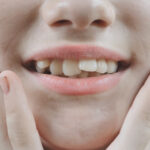
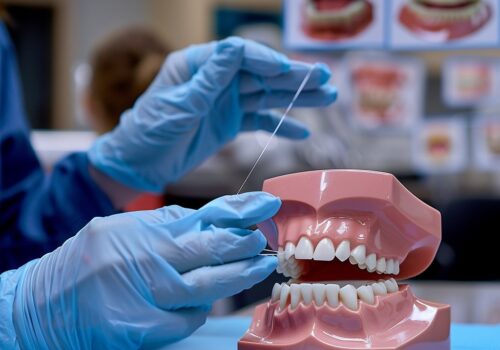
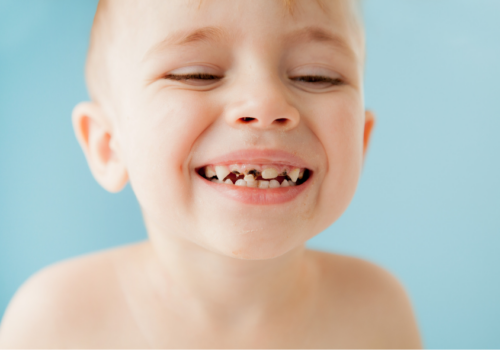
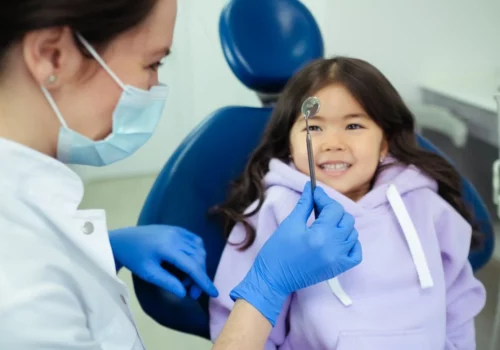
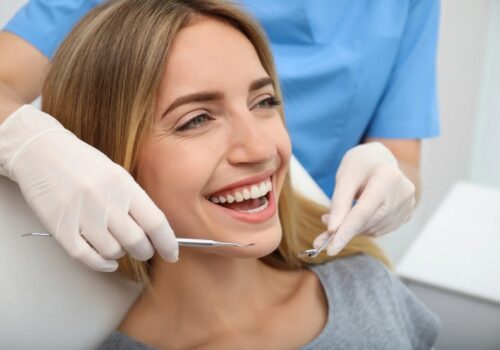
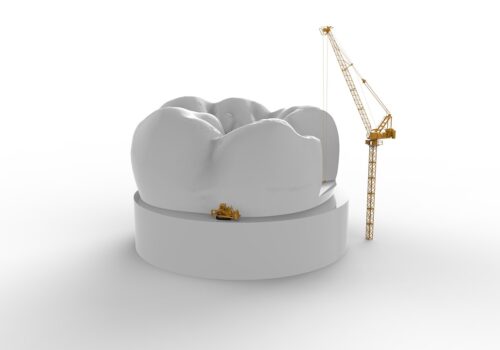
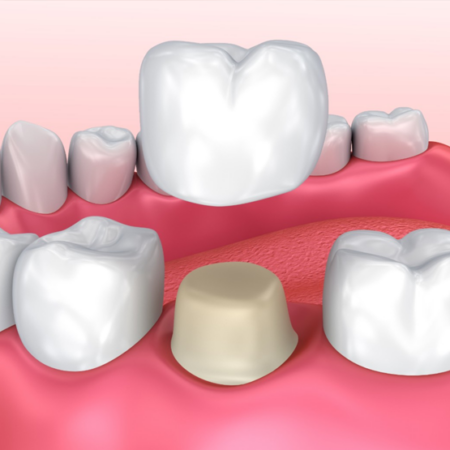
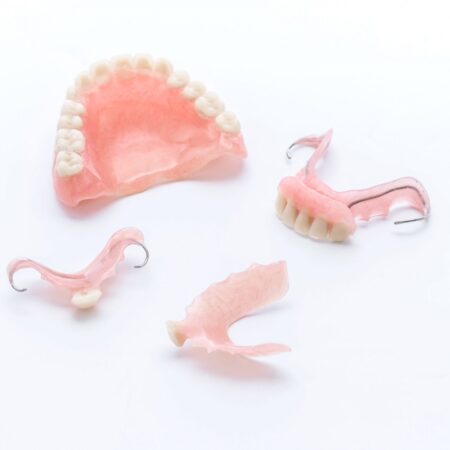
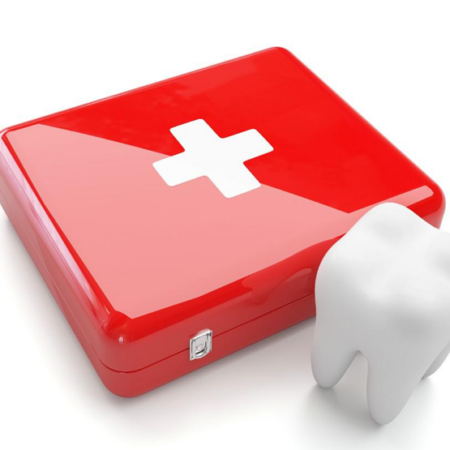
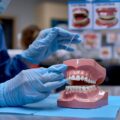

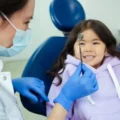
Leave a Reply